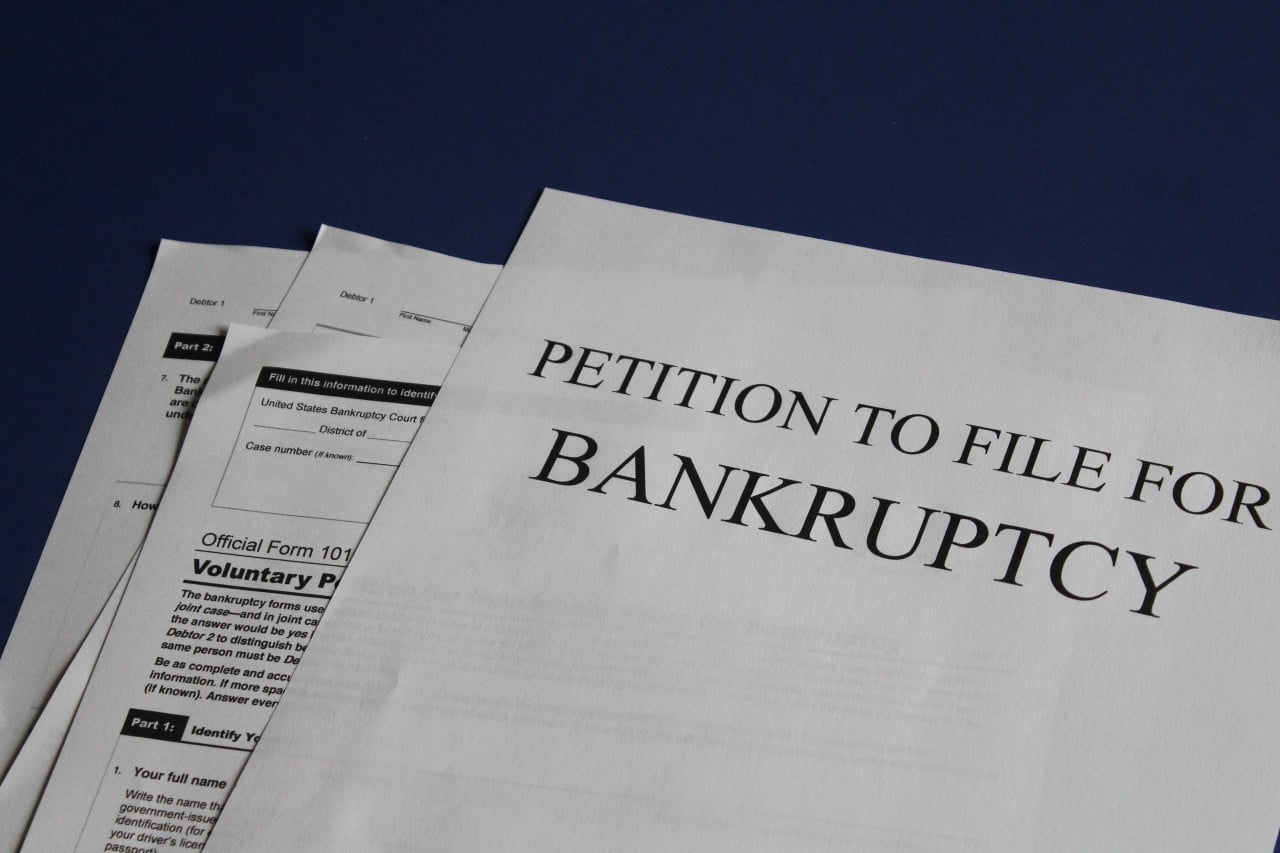Bankruptcy is surrounded by a number of misconceptions and myths. In this article, we’ll debunk some commonly held beliefs about bankruptcy, shedding light on the truth behind these misunderstandings. By the end of this article, you’ll have a better understanding of bankruptcy and how it works, so you can make an informed decision about your financial situation.
Table of Contents
- Myth 1: Bankruptcy Means You’ve Failed Financially
- Myth 2: You’ll Lose Everything in a Bankruptcy
- Myth 3: Bankruptcy Permanently Ruins Your Credit
- Myth 4: All Debts Are Dischargeable in Bankruptcy
- Myth 5: It’s Almost Impossible to Get a Mortgage or Loan After Bankruptcy
- Final Thoughts
- FAQs
Myth 1: Bankruptcy Means You’ve Failed Financially
Truth: Bankruptcy is a legal process designed to provide relief to individuals and businesses facing financial difficulties.
It’s important to understand that bankruptcy isn’t a reflection of personal failure. Sometimes, circumstances beyond our control can lead to insurmountable financial challenges. Whether it’s due to job loss, divorce, or even medical emergencies, bankruptcy can offer a fresh start, allowing individuals to regain control of their finances.
Myth 2: You’ll Lose Everything in a Bankruptcy
Truth: While some assets may be liquidated during the bankruptcy process, there are exemptions in place to protect certain property.
Both Chapter 7 and Chapter 13 bankruptcy allow for certain exemptions, which let you keep some or even all of your assets. These types of exemptions vary by state and can include your primary residence, a vehicle, and household items. It’s essential to consult with a knowledgeable bankruptcy attorney to evaluate your individual situation and discuss which of your assets may be protected.
Myth 3: Bankruptcy Permanently Ruins Your Credit
Truth: Although bankruptcy will impact your credit, it will not permanently damage it.
It is true that bankruptcy will leave a negative mark on your credit report, and it will remain there for 7-10 years, depending on the type of bankruptcy filed. However, by taking proactive steps such as limiting new debt and making timely payments on remaining debts, you can begin to rebuild your credit over time. Many people who file for bankruptcy are eventually able to obtain loans, credit cards, and even mortgages after rebuilding their credit.
Myth 4: All Debts Are Dischargeable in Bankruptcy
Truth: Not all debts are discharged by bankruptcy, and some remain the responsibility of the debtor even after filing.
While bankruptcy can eliminate many types of unsecured debt, such as credit card debt and medical bills, there are certain debts that cannot be discharged. Examples of non-dischargeable debts include student loans, most tax debts, alimony, child support, and any debts incurred through fraud or criminal activity. It’s crucial to understand which debts will still be your responsibility and consult with a bankruptcy attorney to ensure you have a clear understanding of the scope of your bankruptcy.
Myth 5: It’s Almost Impossible to Get a Mortgage or Loan After Bankruptcy
Truth: While getting a mortgage or loan may be more challenging after bankruptcy, it is not impossible.
Securing credit after bankruptcy may be difficult initially, but as you work to rebuild your credit, your chances of obtaining financing will improve. By making on-time payments and keeping debt balances low, you’ll demonstrate to lenders that you are creditworthy. Depending on the type of bankruptcy filed and the loan product you’re interested in, you may be eligible for a mortgage as soon as just one year after your bankruptcy discharge.
Final Thoughts
Bankruptcy is not a sign of financial failure, but rather a tool to help individuals recover from overwhelming debt. By understanding the myths surrounding bankruptcy, you can make an informed decision about whether it’s the right choice for you. Should you decide to file for bankruptcy, remember that it’s not the end of your financial journey; it’s an opportunity to start anew and build a more secure financial future.
FAQs
Q: Can I file for bankruptcy more than once?
A: Yes, you can file for bankruptcy more than once. However, there are limits on how frequently you can file. For instance, you must wait eight years after filing a previous Chapter 7 bankruptcy before doing so again, and two years after a previous Chapter 13 filing. Consult with a bankruptcy attorney to understand the specific waiting periods for your situation.
Q: Can I keep my credit cards when I file for bankruptcy?
A: It’s unlikely that you’ll be able to keep your credit cards when you file for bankruptcy. Credit card companies can close your account or reduce your credit limit upon discovering your bankruptcy filing. However, after your bankruptcy has been discharged, you may be able to obtain new credit cards and rebuild your credit.
Q: How long does bankruptcy stay on my credit report?
A: A Chapter 7 bankruptcy will remain on your credit report for 10 years, while a Chapter 13 bankruptcy will stay for seven years. Although bankruptcy will affect your credit, remember that you can take proactive steps to rebuild your credit during this time.
Q: Can filing for bankruptcy stop a foreclosure?
A: Filing for bankruptcy may temporarily halt a foreclosure proceeding, providing you some time to address your financial issues. In a Chapter 13 bankruptcy, you may be able to restructure your mortgage payments through a repayment plan. If you’re considering bankruptcy to avoid foreclosure, consult with a bankruptcy attorney to discuss your options.








